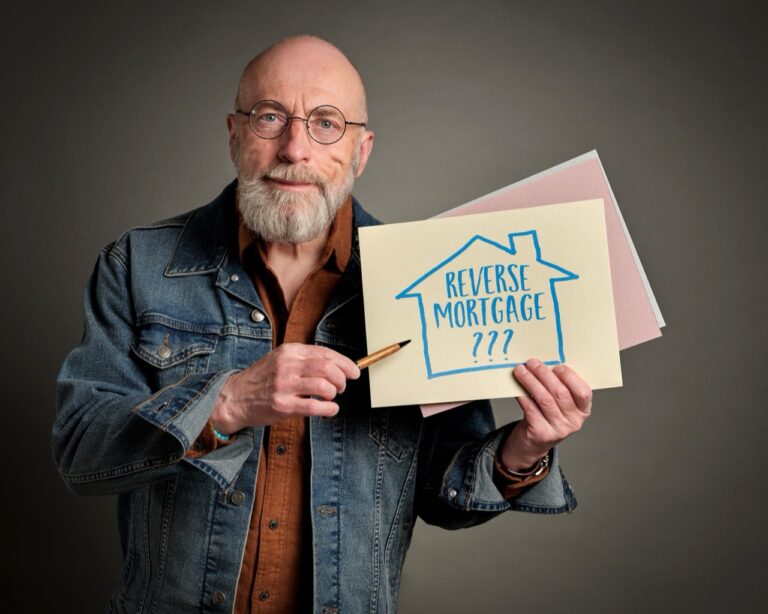Planning for your retirement finances can be a challenging endeavour, laden with numerous decisions. A financial strategy that has seen a surge in popularity among senior homeowners in Canada is the reverse mortgage. This financial tool can serve as a valuable resource, ensuring a consistent income stream during the golden years when regular earnings may dwindle.
Demystifying Reverse Mortgages
A reverse mortgage is a unique loan type, secured against your home, tailored specifically for homeowners aged 55 years and above. It’s a financial instrument that enables you to convert a part of your home’s equity — the value of your home minus your remaining mortgage — into cash, without having to sell your property or make regular loan repayments.
The Advantages of a Reverse Mortgage
The primary attraction of a reverse mortgage lies in its capacity to provide a consistent stream of tax-free income without having to relocate or sell your home. This can be a significant boon for those who wish to age in place or have deep emotional connections to their property. Furthermore, the funds procured from a reverse mortgage can be utilized for any purpose, whether it’s covering daily living costs, consolidating other debts, funding home modifications, or even realising that dream holiday.
The Dynamics of a Reverse Mortgage
Unlike a conventional mortgage, where you make regular payments to decrease your debt over time, a reverse mortgage operates in reverse. Interest is compounded onto the loan balance each month, causing the total loan balance to increase over time.
The loan isn’t due for repayment until you decide to sell your home, move out, or upon your passing. At this point, your estate is charged with repayment. However, the amount owed can never surpass the fair market value of your property, due to a safeguard known as a “non-recourse” clause. This clause shields you and your heirs from owing more than the home’s worth when settling the loan.
The Reverse Mortgage Loan Quantum
The amount that can be borrowed through a reverse mortgage relies on several factors, including your age, the location and type of your home, its current value, and prevailing interest rates. Generally, the older you are, and the more valuable your home, the more money you can access. However, it’s salient to understand that you can’t borrow the total value of your home. In the majority of cases, you can only borrow up to 55% of your home’s appraised value.
Reverse Mortgages: A Cautionary Note
While reverse mortgages can offer financial ease, understanding their potential downsides is crucial. The interest rates for reverse mortgages often surpass those of traditional mortgages, and these rates can mount quickly due to the compounding nature of the loan. As a result, the remaining equity in your home may dwindle over time, leaving less for your heirs.
Moreover, reverse mortgages can impact your eligibility for certain benefits, such as the Guaranteed Income Supplement or Old Age Security. Therefore, consulting with a financial advisor to comprehend the full ramifications of a reverse mortgage on your financial status is imperative.
In Summary
A reverse mortgage can be a feasible option for seniors seeking to bolster their retirement income or cover unforeseen expenses. However, like any substantial financial decision, it mandates careful contemplation and understanding. Consulting with a professional can offer invaluable insight, aiding you in making an informed decision that aligns best with your financial circumstance and retirement aspirations.
